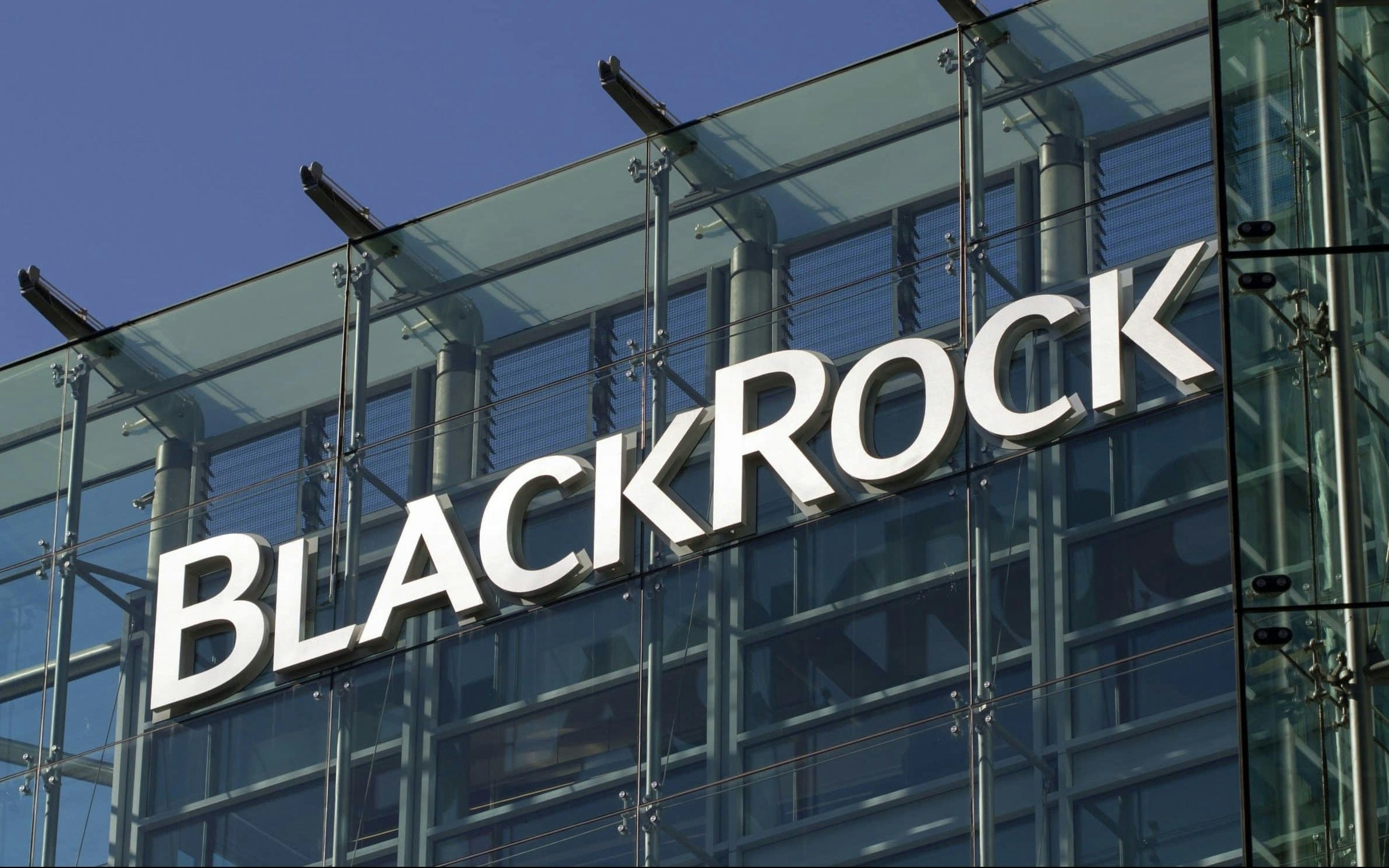Business
Required steps for increased investment in sustainable financial products
According to Blackrock manager Christian Hyldahl, global investors have sufficient funds for the green economic transformation, but there are obstacles.

The COP28 in Dubai had a remarkable record of visitors: Never before have there been so many high-ranking representatives from the financial industry present at a UN climate conference. However, while awareness of sustainable investments is increasing, we have found that this year has been rather disappointing for green finance. In the United States, investors are withdrawing capital from environmentally and socially responsible investments, while in Europe, inflows have significantly declined.
Even major investors like Vanguard and Allianz have left the Financial Alliance for Net Zero, a coalition of companies from the financial sector that aim to reduce CO2 emissions.
Christian Hyldahl, Continental Europe Head of the world's largest asset manager Blackrock, believes that new approaches are necessary to make sustainable investments more attractive. This includes a stronger focus on attractive returns. However, he also warns that private capital alone will not be sufficient to finance the fight against climate change.
Blackrock manages the world's largest assets with $9 trillion and is thus at the center of controversies regarding environmental, social, and ethical investments (ESG).
Hyldahl emphasizes: "In principle, sufficient capital is available to finance the transition to a climate-friendly economy, at least in industrialized countries." However, these investments must also achieve an adequate return. "A large part of this capital, for example, comes from pension funds made up of the savings of teachers and firefighters. The investment aims to secure the retirement income of these individuals. Therefore, pension funds will not compromise on performance, even if the investments serve a good cause."
Blackrock is not the only major investor emphasizing the importance of returns in financing the ecological transformation. Ray Dalio, founder of hedge fund Bridgewater, also warns that sufficient private capital can only be mobilized if the performance is right.
This year, however, the performance was significantly affected as the S&P Global Clean Energy Index, which represents the stocks of the top one hundred companies in the green energy sector, has fallen by 30 percent.
At COP26 in Glasgow in 2019, members of the Financial Alliance for Net Zero promised to mobilize $130 trillion in assets in the fight against climate change. However, this year's COP28 focused on the conditions for this commitment. "We need investments that offer an appropriate risk-return ratio," emphasized Ramaswamy Variankaval, Global Head Corporate Advisory and Sustainable Solutions at US bank JP Morgan.
For Hyldahl, emerging markets are a challenge: "There, financing the transformation is much more difficult for investors due to the poorer ratio of opportunities to risks than in developed countries." As a solution, he suggests that public and private investors collaborate and share the risks.
The World Bank or regional development banks could take on the first part of potential losses and thus reduce the risk for private investors.
Blackrock already has a concrete solution: the Climate Finance Partnership. For this project, Germany, France, and Japan have provided 20 percent of the capital, while the rest comes from private investors. The financial corporation has raised $670 million for this, with $520 million from private investors such as insurer Axa, British Standard Chartered Bank, and German energy company Eon.
Skepticism towards ESG funds is growing in the US, the world's largest capital market. According to data from research firm Morningstar, US investors withdrew an additional $2.7 billion from sustainable funds in the third quarter of this year, bringing the total outflows to over $14 billion for the year. For the first time in years, the number of closed ESG funds exceeded the number of newly opened ones. Morningstar experts attribute this to higher energy prices, rising interest rates, and concerns about greenwashing.
Hyldahl admits that an increasing number of professional investors are shifting towards direct investments in individual projects, instead of using public markets for stocks or bonds. "This way, they have better control over the impact of their investments," explains the expert. Another reason for the diminishing interest in ESG investments in the US is the political dispute that has arisen around this topic. Blackrock CEO Larry Fink even announced that he would no longer use the term ESG, as it has been "used as a weapon by the extreme left and right."
Other major asset managers were also subject to investigations and boycotts by Republican lawmakers in states like Texas and Florida, who accused them of pursuing their green agenda at the expense of investor returns.
"The term ESG is interpreted very differently, which can lead to misunderstandings, but is also deliberately politicized," says Hyldahl. "We need clearer and more precise terms to avoid confusion." Despite the setbacks of the past year, Hyldahl is convinced that the topic of sustainable investments will remain relevant in the future: "We are not in an innovation crisis, but at the beginning of a long process. In 10 or 20 years, we will have more advanced and meaningful data and models on sustainability that will help us better assess the opportunities and risks of investments."




